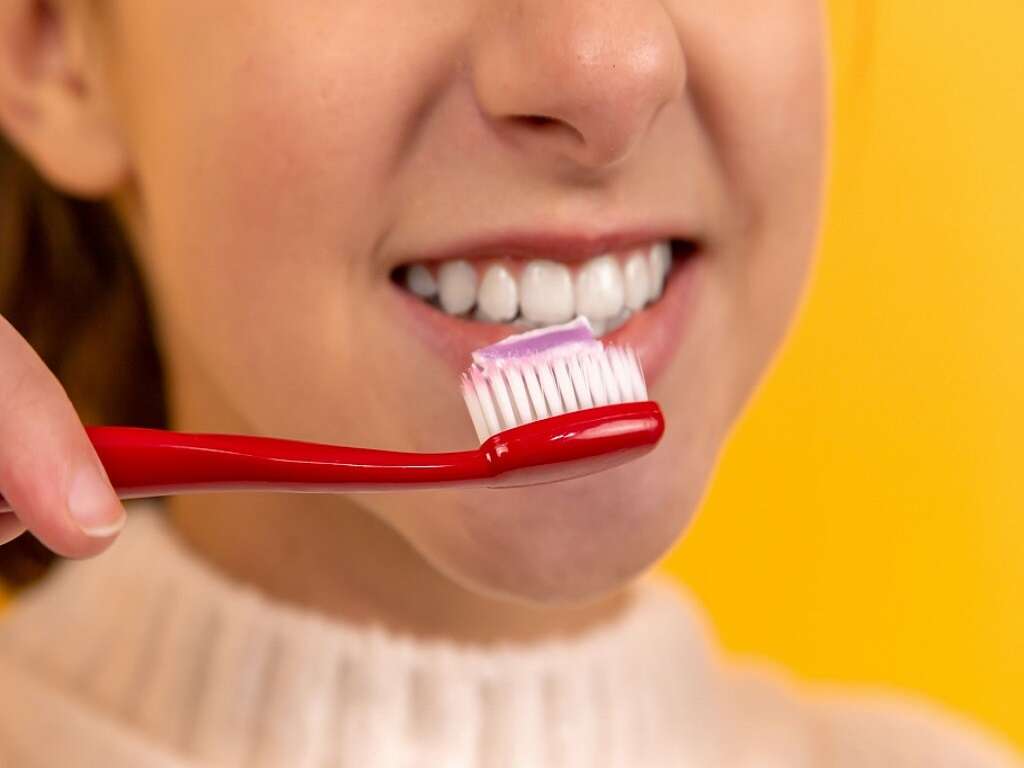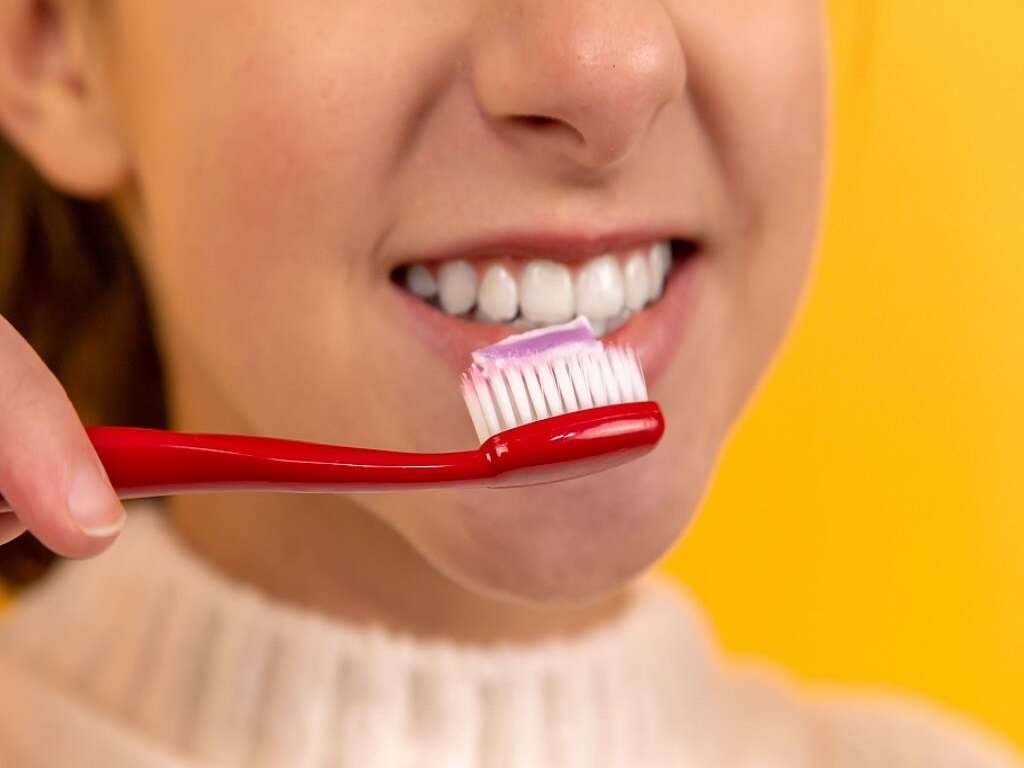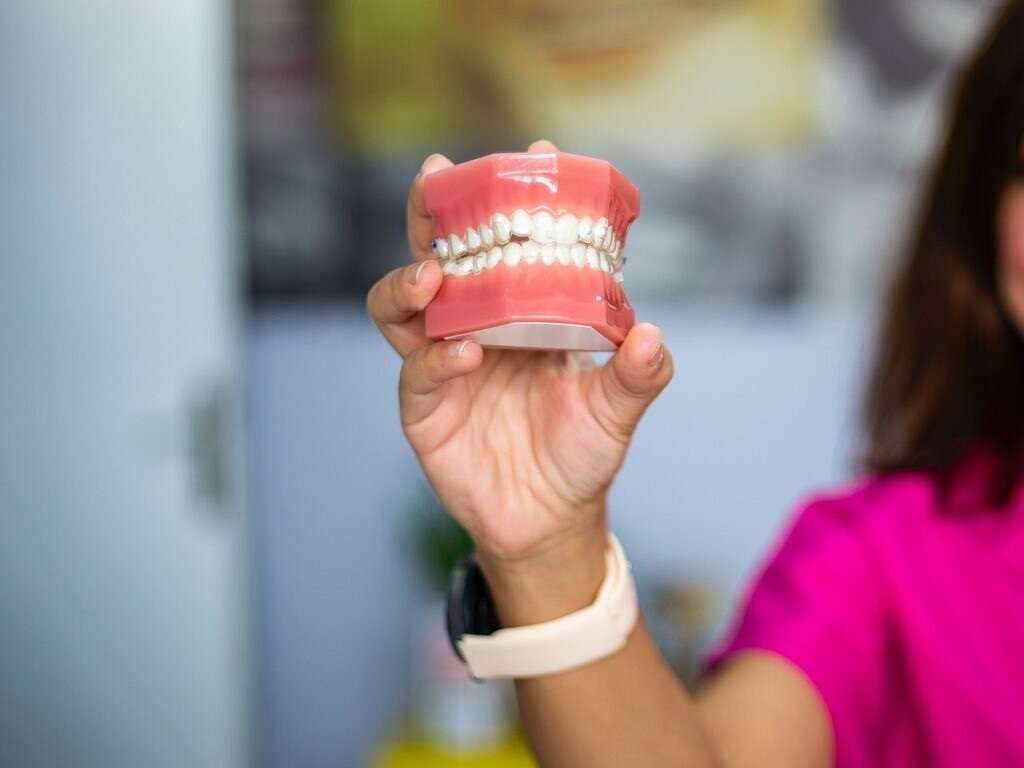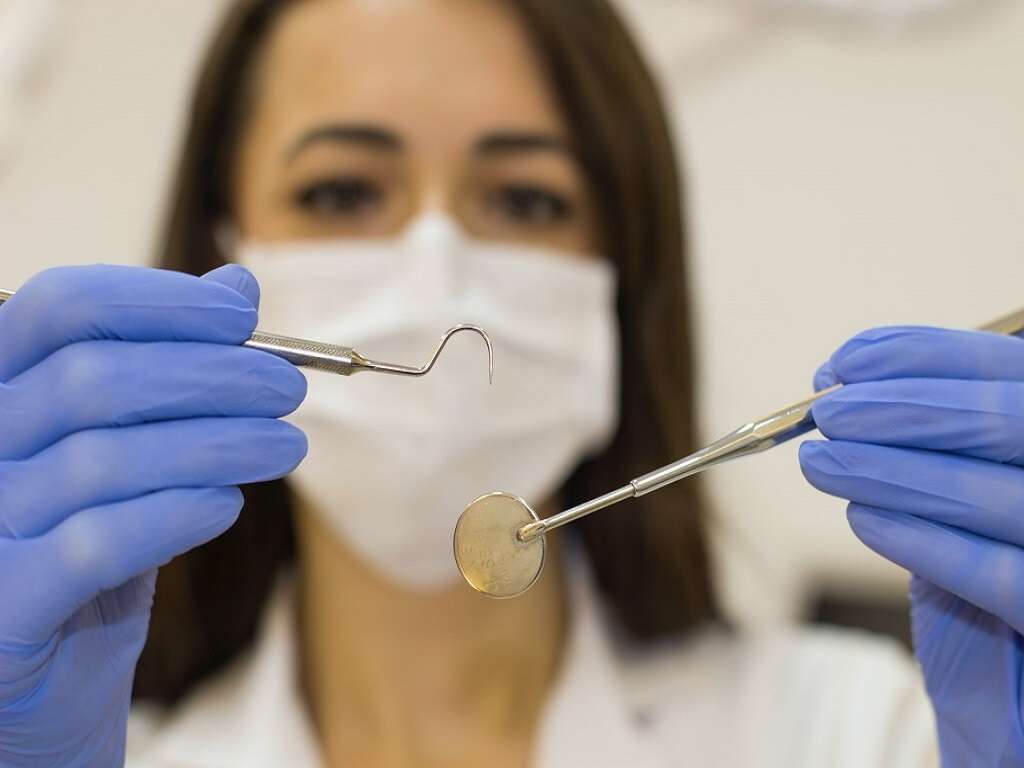10 Common Bitter Taste in Mouth Causes
 Article Sources
Article Sources
- 1. 'Hepatitis B - Symptoms, Treatment, Vaccination.' Hepatitis B - Symptoms, Treatment, Vaccination | Southern Cross NZ, www.southerncross.co.nz/group/medical-library/hepatitis-b-causes-symptoms-treatment-vaccination
- 2. 'Getting Rid of the Metallic Taste in Your Mouth during Pregnancy.' CarePoint Health, 15 Dec. 2017, www.carepointhealth.org/getting-rid-metallic-taste-mouth-pregnancy/
- 3. RI;, Henkin. 'Zinc in Taste Function: A Critical Review.' Biological Trace Element Research, U.S. National Library of Medicine, pubmed.ncbi.nlm.nih.gov/24264025/
- 4. 'Burning Mouth Syndrome.' Mayo Clinic, Mayo Foundation for Medical Education and Research, 14 Feb. 2019, www.mayoclinic.org/diseases-conditions/burning-mouth-syndrome/symptoms-causes/syc-20350911
There are many possible reasons for an unexplained bitter taste in the mouth, and the issue may be chronic or temporary. Things like medications, nutrient deficiencies and bad oral hygiene may be contributing factors. Certain foods may also leave a lingering aftertaste in the mouth, so it's important to monitor what happened just before the bitter taste appeared.
The bitter taste may dissipate after eating again or resolve on its own depending on the underlying cause. If the problem is persistent, a person should seek advice from a health practitioner.

Acid Reflux
Acid reflux is a common cause of a bitter taste in the mouth. Reflux is a chronic digestive reaction to certain food groups that causes stomach acid to rise and irritate the lining of the esophagus. Since this acid is mixed with food that contains digestive acid and enzymes, it can lead to a bitter taste in your mouth.
If heartburn is experienced with a bitter taste in the mouth, it may be the result of acid reflux. Spicy and fatty foods, alcohol, citrus and vegetables high in sulfur may cause acid reflux.

Medication
Over-the-counter and prescription medications contain a concoction of natural elements and chemical compounds that may leave a bitter taste in a person's mouth. If the bitterness appears after taking medication and stops once the course of meds is over, the bitter taste may have been a side effect.
Antidepressants, antibiotics, antihistamines, anti-seizure drugs and cardiac medications are common culprits. When these types of medications are absorbed into the system, remnants may be excreted through saliva, leaving a temporary bitter taste in the mouth.

Dental Problems
Cavities, infections and diseases, such as gingivitis, may cause a bitter taste in the mouth. Other contributing factors may include trapped food and bacterial growth resulting from bad dental hygiene. Abscesses and emerging wisdom teeth may also cause a bitter taste.
Daily brushing and flossing may help prevent an accumulation of bacteria in the mouth. Regular checkups at the dentist and the use of an antibacterial mouthwash may also help prevent a bitter taste from developing.

Hepatitis B
Hepatitis B is caused by a virus that affects the liver and may be short term or chronic. A bitter taste in the mouth may be one of the first signs that a person has contracted hepatitis B.
Changes to zinc levels in the body because of inflammation in the liver may be the root cause of the bitter taste in the mouth.1‘Hepatitis B - Symptoms, Treatment, Vaccination.’ Hepatitis B - Symptoms, Treatment, Vaccination | Southern Cross NZ, www.southerncross.co.nz/group/medical-library/hepatitis-b-causes-symptoms-treatment-vaccination If a bitter taste is accompanied by fatigue, dark urine and nausea, a doctor may advise checking for a hepatitis B infection.

Pregnancy
Pregnancy gives rise to a unique set of cravings and sensations. Pregnancy hormones can wreak havoc on the body and affect the sense of taste. Many pregnant women develop a bitter or metallic taste in their mouth, but it generally only lasts during the first trimester.2‘Getting Rid of the Metallic Taste in Your Mouth during Pregnancy.’ CarePoint Health, 15 Dec. 2017, www.carepointhealth.org/getting-rid-metallic-taste-mouth-pregnancy/
This taste disorder known as dysgeusia is common during pregnancy and is caused by hormones. It's the reason why pregnant women may crave foods they wouldn't normally eat and can't stomach foods they previously enjoyed.

Chronic Dry Mouth
Adequate saliva helps limit bacteria in the mouth, and a lack of it may lead to an overgrowth. A chronic dry mouth, otherwise known as xerostomia, may be caused by medications, hay fever or other disorders. Stress and anxiety are other common causes of dry mouth.
A chronic dry mouth can sometimes result in a lingering bitter taste. Xerostomia should be investigated by a health care practitioner, as it may be a side effect of a more serious condition.

Oral Thrush
Oral thrush is a yeast infection of the mouth that's usually easily addressed. Characterized by white spots on the tongue, cracked lips and rawness inside the mouth, oral thrush typically lasts from three to eight weeks.
People who develop oral thrush frequently report a bitter, unpleasant taste in their mouths. The taste normally disappears when the infection has cleared up. Mild cases of oral thrush tend to clear up on their own, but medication may be needed to address more severe cases.

Menopause
Menopause causes a fluctuation and imbalance in a woman's hormone levels. This change in the body's hormones may lead to dry mouth syndrome and odd taste sensations.
It's not uncommon for menopausal women to develop a bitter or metallic taste in the mouth. This may be because of a rapid drop in estrogen levels affecting the mucous membranes in the mouth. Besides menopause, age may also be a factor in developing a dry mouth.

Zinc Deficiency
A strange bitter or metallic taste in the mouth may be a sign of a zinc deficiency. Zinc is a nutrient that's vital for healthy taste function, and it can't be produced by the body. It aids in transmitting smell and taste information to the brain.3RI;, Henkin. ‘Zinc in Taste Function: A Critical Review.’ Biological Trace Element Research, U.S. National Library of Medicine, pubmed.ncbi.nlm.nih.gov/24264025/
Various smell and taste disorders are linked to zinc deficiency. To combat a chronic bitter taste in the mouth, a health practitioner might prescribe a zinc supplement.

Burning Mouth Syndrome
Burning mouth syndrome is characterized by a chronic burning sensation of the mouth, lips and tongue that appears without any specific cause.4‘Burning Mouth Syndrome.’ Mayo Clinic, Mayo Foundation for Medical Education and Research, 14 Feb. 2019, www.mayoclinic.org/diseases-conditions/burning-mouth-syndrome/symptoms-causes/syc-20350911 It may last for days or weeks and then disappear only to quickly reappear.
One of the common symptoms of burning mouth syndrome is a bitter taste that may be accompanied by a dry mouth and increased thirst. There's no cure for the syndrome, but a doctor may provide a treatment plan to get help get rid of the bitter taste.











